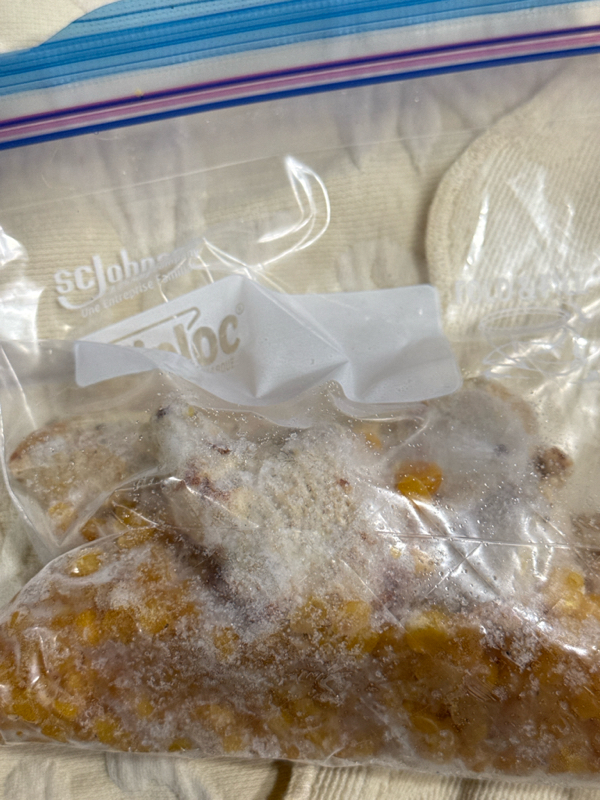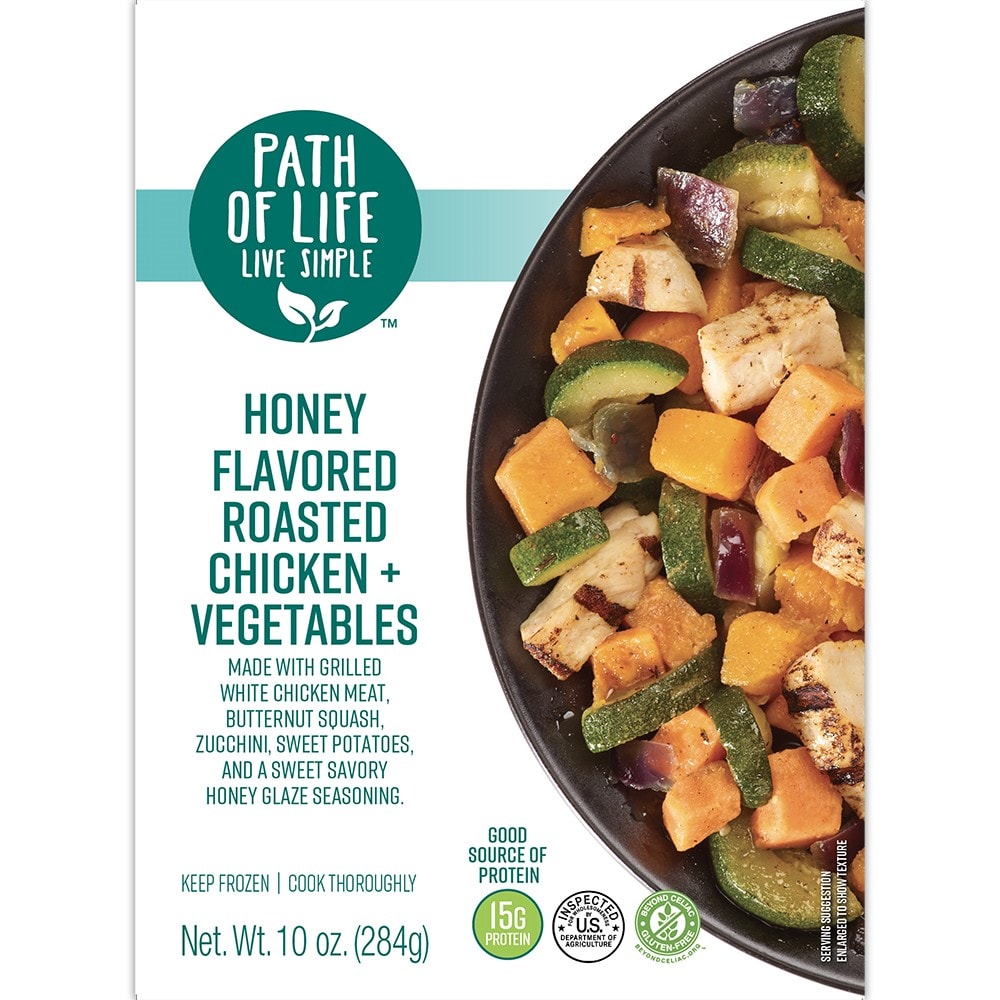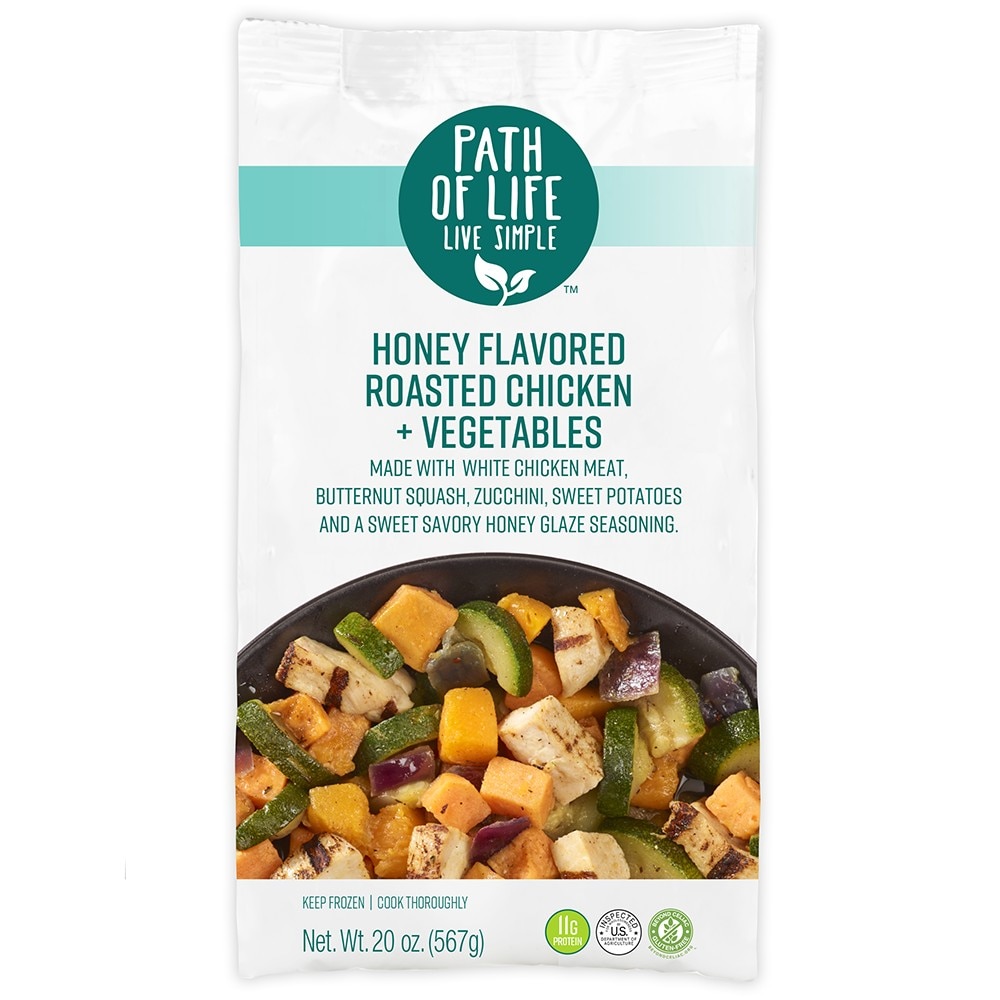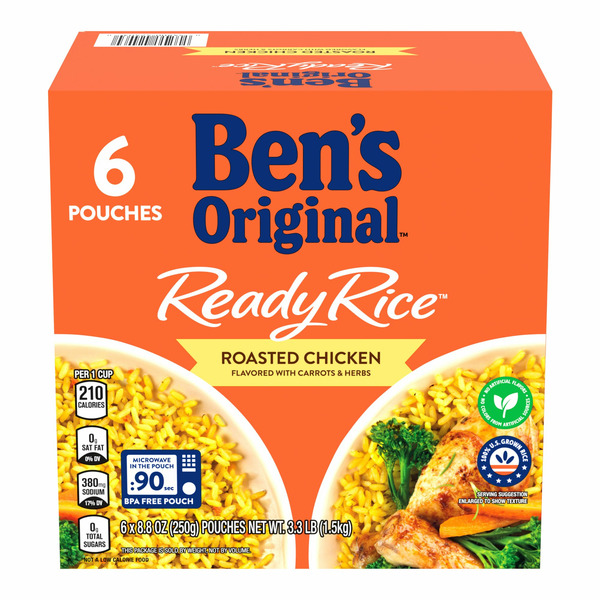Chicken And Vegetables
Chicken and Vegetables is a classic culinary combination that provides both proteín and essential nutrients. Chicken, a lean and versatile meat, can be prepared in numerous ways while vegetables add color, flavor and a host of health benefits. The combination makes a balanced meal that is both nourishing and flavorful.
The variety of vegetables can be selected based on personal preference or seasonal availability, further enhancing the versatility of this dish. Popular choices include bell peppers, broccoli, carrots, and zucchini. The dish can be prepared in multiple ways such as roasting, stir-frying, or stewing.
19%
CARBS
37%
FAT
44%
PROTEIN
Featured Articles
6 Chicken And Vegetables Products
Chicken and Vegetable
Path of Life Honey Flavored Roasted Chicken + Vegetables
Path of Life Honey Flavored Roasted Chicken + Vegetables
Ben's Original Roasted Chicken Flavored Rice Easy Dinner Side of
Farmer'S Market Chicken & Vegetables Herbs, Onions, Bell Peppers Sheet Pan Seasoning Mix, Farmer'S Market Chicken & Vegetables
44 Recipes for Chicken And Vegetables
3
Mediterranean Baked Chicken and Veggies
4
Roasted Balsamic Chicken and Veggie Medley
2
Scrumptious Firecracker Chicken and Veggie Bowls
4
Flavor Burst Chicken and Veggie Sheet Pan Dinner
4
Savory Garlic Butter Chicken and Veggie Medley
4
One-Skillet Cajun Chicken & Veggie Fiesta
5
Lemon-Coriander Chicken & Veggie Delight
4
Cozy Winter Chicken and Veggie Pot
Chicken And Vegetables FAQ
What is the best type of chicken to use for this recipe?
Can I use frozen vegetables instead of fresh?
Do I need to marinate the chicken before cooking?
What seasonings can I use for this recipe?
Can I use a different type of oil for cooking?
How do I know when the chicken is fully cooked?
How do I prevent the vegetables from becoming mushy?
Can I store leftovers of this dish?
Expiration & Storage Tips
When does Chicken and Vegetables expire?
If purchased pre-packaged and unopened, this type of food usually can last in the refrigerator for about 1-2 days past the 'sell by' date on the package. After opening the package, it's best to consume within 2 or 3 days. In the freezer, it can last around one to two months before it starts to lose quality, though it'll technically still be safe to eat after that time.
How do you tell if Chicken and Vegetables is bad?
First, give it a good smell. Bad chicken has a very distinctive, rotten smell, while bad vegetables may smell more like a stinky refrigerator. If it smells off, that's a sure sign to throw it out. You should also look at the color and texture. If the chicken is gray or slimy in texture, it's time to toss it. For vegetables, you'll need to look for signs of molding or great amount of sliminess.
Tips for storing Chicken and Vegetables to extend shelf life
• Make sure to store your chicken and vegetables separately and properly sealed in the fridge to avoid cross-contamination.
• Use the coldest part of your fridge, which is usually the bottom shelf, for chicken storage.
• For the vegetables, the humidity drawer or crispers in the fridge are the best to keep them fresh.
• Try to use the oldest items first to make sure you're rotating your stock and not letting anything go bad.
• Freezing can be a good option if you're not planning to eat it soon. It's best to cut the vegetables and place them in airtight containers or freezer bags. Remember to thaw calmly using the fridge or cold water method, never at room temperature.
Health Info
Macros
8g
CARBS
5g
FAT
13g
PROTEIN
Allowed on these diets
MEDITERRANEAN
LACTOSE FREE
GLUTEN FREE



















